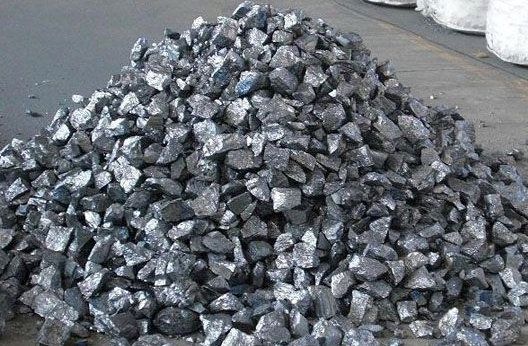
Steel, a crucial material in various industries, undergoes a complex production process to achieve desired properties. The inclusion of specific elements during steelmaking plays a significant role in enhancing its characteristics. Calcium, a chemical element with diverse properties, has emerged as a valuable addition to steel production. In this article, we will explore the role of calcium in steel production and its influence on the final product's quality.
One of the primary functions of calcium in steel production is its role as a deoxidizer. During the steelmaking process, oxygen can dissolve in the molten steel and form oxides. These oxides are detrimental to the steel's mechanical properties. Calcium has a strong affinity for oxygen and readily reacts with it to form calcium oxide (CaO). The formation of CaO facilitates the removal of oxygen from the steel, minimizing the presence of harmful oxides. By effectively deoxidizing the steel, calcium helps improve its overall quality and reduces the risk of brittleness.

Calcium also plays a vital role in controlling sulfur levels in steel. High sulfur content can have adverse effects on the steel's strength, ductility, and weldability. Calcium has a strong affinity for sulfur and readily reacts with it to form calcium sulfide (CaS). The formation of CaS allows for the removal of sulfur from the steel, thereby reducing its sulfur content and enhancing its quality. Lower sulfur levels in steel contribute to improved weldability, machinability, and resistance to corrosion.
In addition to its deoxidation and sulfur control properties, calcium facilitates nodularization and grain refinement in steel. Nodularization refers to the process of forming graphite nodules in cast iron, which enhances the material's mechanical properties. When calcium is added to steel, it promotes the formation of spherical graphite nodules during solidification. These nodules contribute to increased strength, ductility, and impact resistance of the steel, making it more suitable for applications that require high-performance materials. Furthermore, the addition of calcium in steel production can also refine the grain structure, resulting in finer grains. Finer grain structure enhances the steel's mechanical properties, such as tensile strength and toughness, while reducing the risk of brittleness.
The inclusion of calcium in steel production has a significant impact on the overall quality of the steel. By deoxidizing the molten steel, calcium helps eliminate harmful oxides, ensuring a cleaner and more homogeneous material. This results in improved mechanical properties, including increased strength, ductility, and toughness. Additionally, the control of sulfur levels through calcium addition enhances the steel's weldability and resistance to corrosion. The nodularization and grain refinement facilitated by calcium further enhance the steel's performance, making it suitable for a wide range of applications.
In conclusion, calcium plays a crucial role in steel production, contributing to deoxidation, sulfur control, nodularization, and grain refinement. Its strong affinity for oxygen and sulfur enables the removal of harmful impurities, leading to improved steel quality and mechanical properties. Calcium's influence extends to enhancing the steel's weldability, machinability, and resistance to corrosion. As steel production technologies advance, the utilization of calcium is expected to continue growing, offering opportunities for further improvements in steel quality and expanding the possibilities for innovative applications.

Write a Message